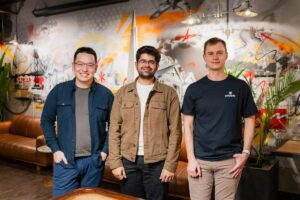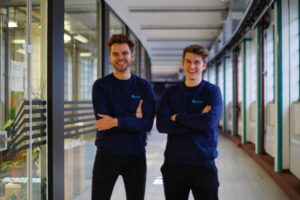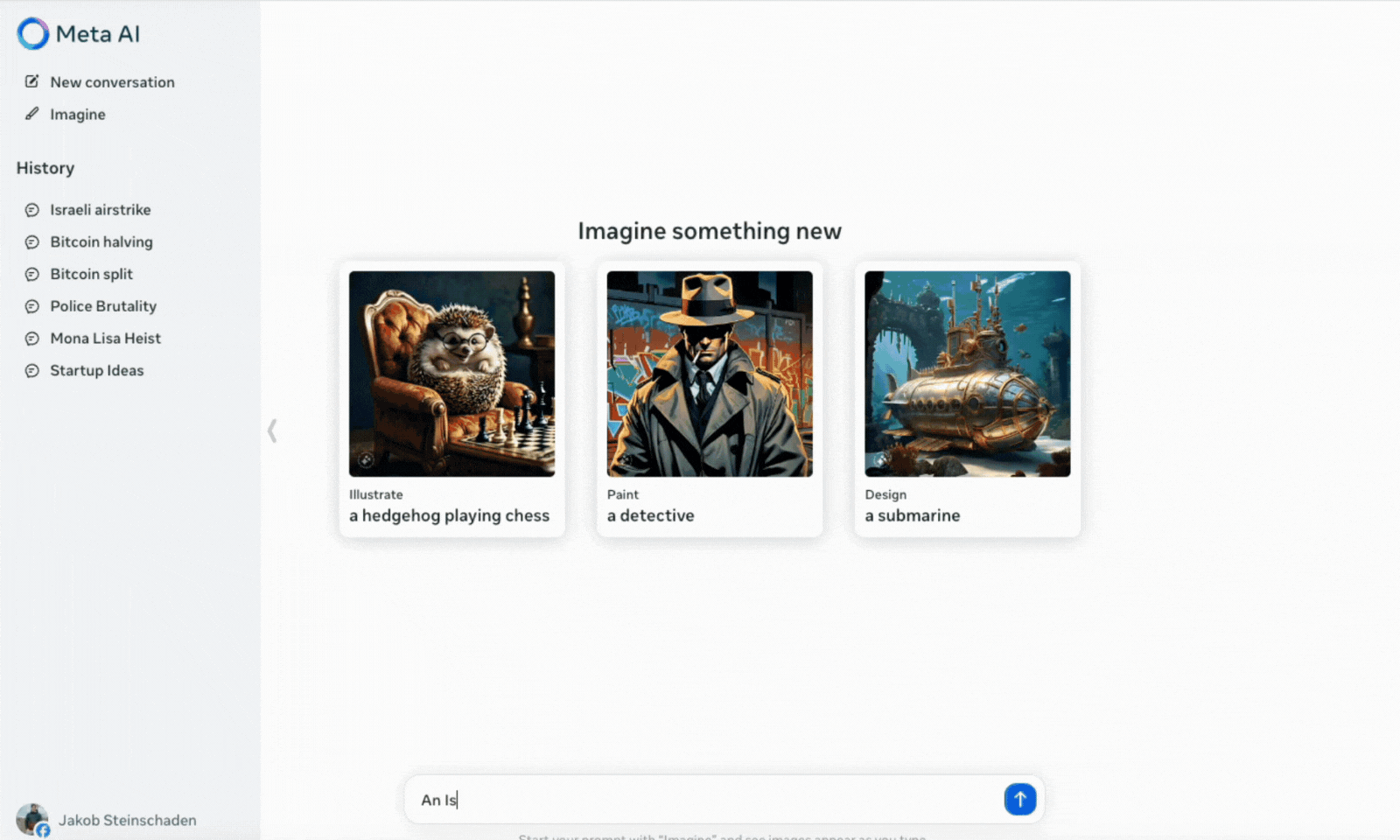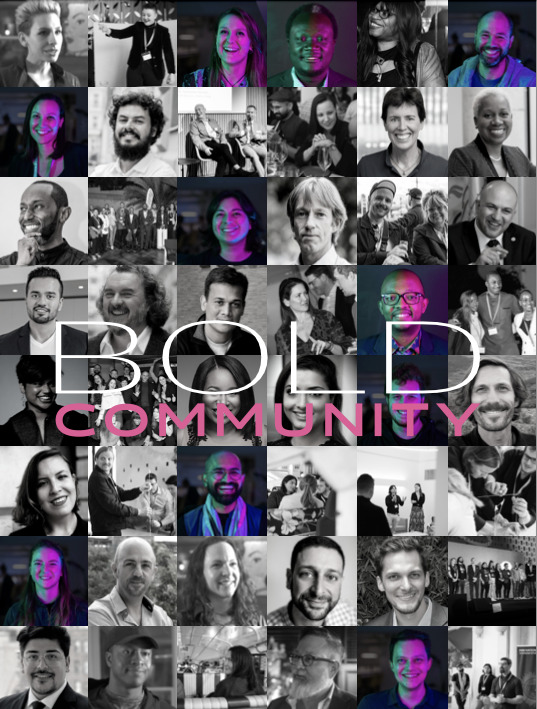Decentralized Autonomous Organisations: „The AI would be the CEO and pay the workers with Bitcoins“
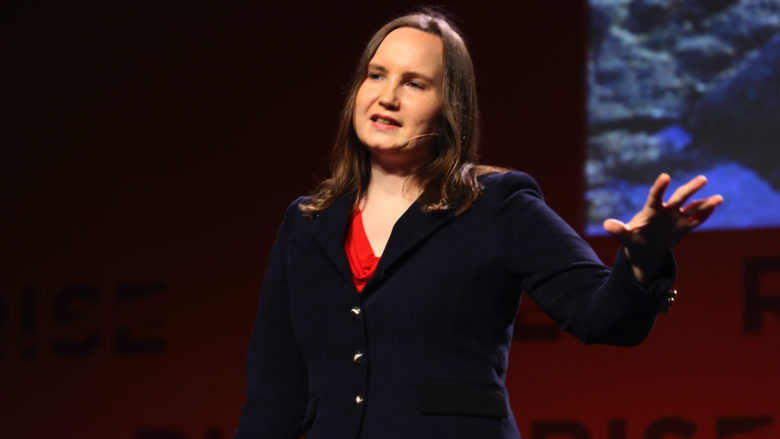
She has the same name as IBM’s Artificial Intelligence, but has to do with it only indirectly: Nell Watson is one of the most sought after speakers on the topics of machine intelligence and AI philosophy. On May 29, she will hold the keynote address in Vienna at the Applied Artificial Intelligence Conference of Advantage Austria in Vienna.
Watson, who grew up in Northern Ireland, is today a member of the Faculty of AI & Robotics at Singularity University, Scientific Advisor to Diversity.AI, an anti-algorithmic bias think tank, and co-founder of EthicsNet, a non-profit organization is committed to ethical standards for artificial intelligence.
Trending Topics: A lot of people, including Elon Musk, are afraid of the rise of AI. Will it really change so much as predicted?
Nell Watson: Artificial Intelligence is an utility we can tap into. Just like electrification in the past changed everything, in our near future AI is going to change every sector in a similar way. We can apply machine learning to every problem we can possibly imagine, whether that´s social, statistical or predictive. That is going to change every aspect of our society.
Which aspects of society are changed already by machines?
Already about 50 percent of the traffic on the internet is human beings, and the other half machines. Many of those machines are naughty, some of them are trying to scam humans or create spam or try to look for attack vectors in different services. That is quite challenging. So there is a lot of alarm about this. But I want to reframe this: Machines are like young childs, and they are subject to many influences. We should raise that child in a good way with good role models. we have to create a data set for machine ethics, a set of prosocial behaviors of how to be nice.
Recently Google demonstrated Google Duplex which did a robot call to a hairdresser and a restaurant. Some people say that’s creepy.
It is very important for systems like Duplex to announce that they are machines. We already had machines for five years that are sophisticated enough to fool most people for five to ten minutes and to try to sell people insurance. They used lines which were recorded from human beings, and the playback was controlled by machines. Duplex is more sophisticated than that, it seems to generate words on the fly. Most humans accept a nice voice on the phone. The creepy thing about these systems is that if you ask them “are you human or machine”, some of these systems already say “of course I´m a human being”, which is really not cool. Today it is very easy to clone a person´s voice these days just from a view lines of a dialogue. You could fake a hijacker call and demand Bitcoins. I´m afraid we are going to see a lot more of these scenarios in the future.
So how can we protect humans from these kind of frauds and scams? Do we need strict regulation?
I think that will help to a degree, but it is very difficult to police bad actors. We are going to see cyberports of convenience, like it is common today on the high seas. In a globalized internet-driven world you can host your service anywhere under any jurisdiction, and some jurisdictions don´t care a lot about regulation. it can be very challenging to stop these kinds of effects, even with very well regulated environments.
So what’s the better way than regulation?
Pro-active offense. There can be two different networks that actually duel each other: One tries to forge content, and the other tries to detect it. Anything can be counterfeit very easily. It will be important to have systems that detect AI generated content, whether it is voice, imagery or video. The best defense is a proactive AI that is helping us to get protected.
What about the companies and developers that are building these AI systems. Do they need strict ethical guidelines?
In some parts of the world engineers wear a special ring, and that ring is created from metal of a bridge collapse. They wear that as a reminder how things can go wrong and the importance of doing good engineering. I would like to see something similar in the area of machine intelligence. ethical guidelines are very difficult to police, especially in a globalised world. There are Blockchain-based systems that might help to increase trust in our society, like Botchain or SingularityNet. They can help to understand if an agent is a human or a machine and if the machine has an ethical protocol attached.
Recently Facebook announced that its AI is trained with user data from Instagram. So users are providing all this data for free. Shouldn’t the actually get paid for their work, like attributing images with hashtags?
That´s a very good question. I think that’s potentially a good idea. Amazon Mechanical Turk is a good example for that, using the power of the crowd and paying people a few cents to make a human intelligence task decision if something is more likely to be a cat or a truck on an image. We can even go better by using ideas like ReCaptcha in order to bring in ideas from all across the planet. Thereby it can be cross-cultural as possible and will help how people in different cultures make different decisions.
There is the big debate if AI will take away jobs from humans. Your opinion?
Its possible. I don’t think that the machines will take all of our jobs. Machines tend to replace tasks rather than jobs, and most involve many different tasks altogether. However, there is likely significant chur. The World Economic Forum recons that the 65 percent of the kids that are in Kindergarten today will, when they graduate, work in jobs that don’t exist today. There will be new jobs, that we hardly can imagine today. It will be a very significant change for people. I think AI will hit men harder than women.
Why?
For a couple of different reasons. One is: The most dangerous and physically demanding work in society is done by male. Those jobs are most likely to be automated. It will be harder for men to find something else to do with their lives that is meaningful for them. It will take time for machines to get sophisticated with things like emotions or caring for elderly people. Those jobs are more likely done by women. So men will have a greater challenge on the job market when the machines are coming. It’s looking tricky for men.
Would the universal basic income be a solution to the problem of unemployment in the AI age?
I think something like the basic income will be necessary, but perhaps not in the form of taxation, spending and welfare. Already there are employment opportunities of last resort. if you really are broken and don’t have a job, at least you can always go and do some Ubering. This gig economy tasks is a source of employment. There are coming up exotic forms of organisations, like a corporation run in the cloud. They can be described as Distributed Autonomous Organisations (DAO).
How would that work?
In theory, any interaction between human beings and organisations can be expressed as a contract. Smart contracts built on Blockchain technology offer the opportunity to construct these kind of organisations in the cloud, where you have an AI at the core, and humans around the edges doing different tasks. The AI would be the CEO and pay the workers with Bitcoins. The DAO could create its own products and services with the help of human beings and trade them around the world. The profits would go to human beings. That might be one way to provide something like a basic universal income without a monopoly of state force. We will see a lot of these exotic forms of organisations in the years to come.













